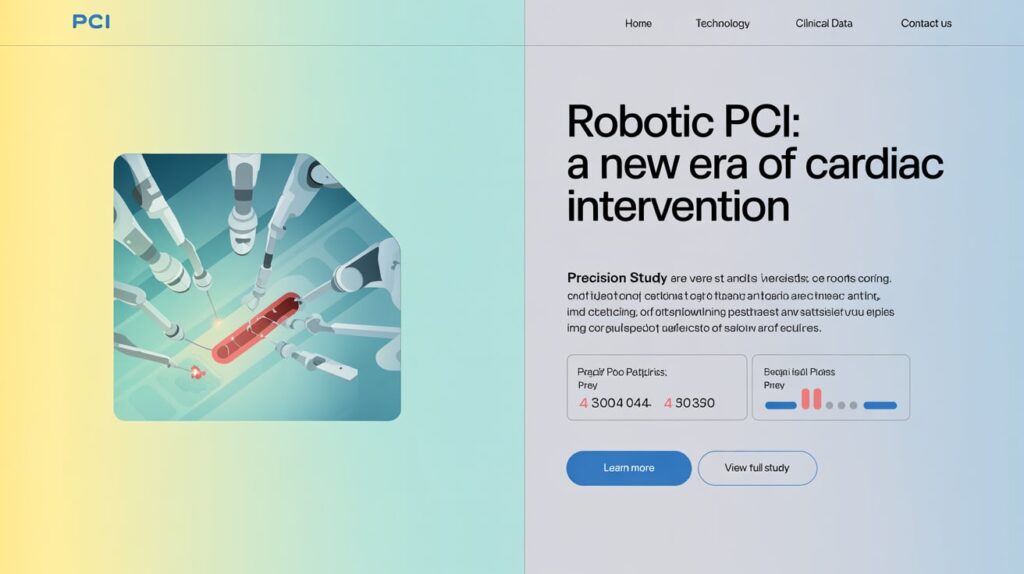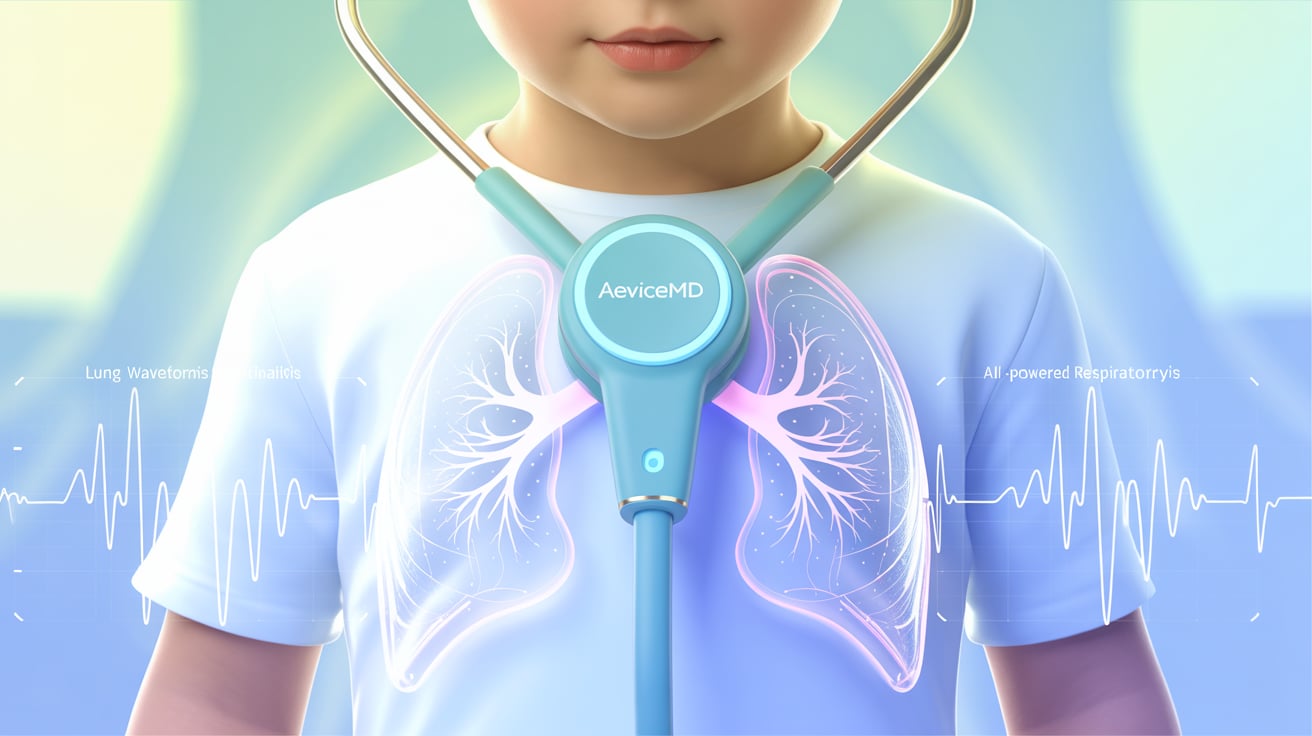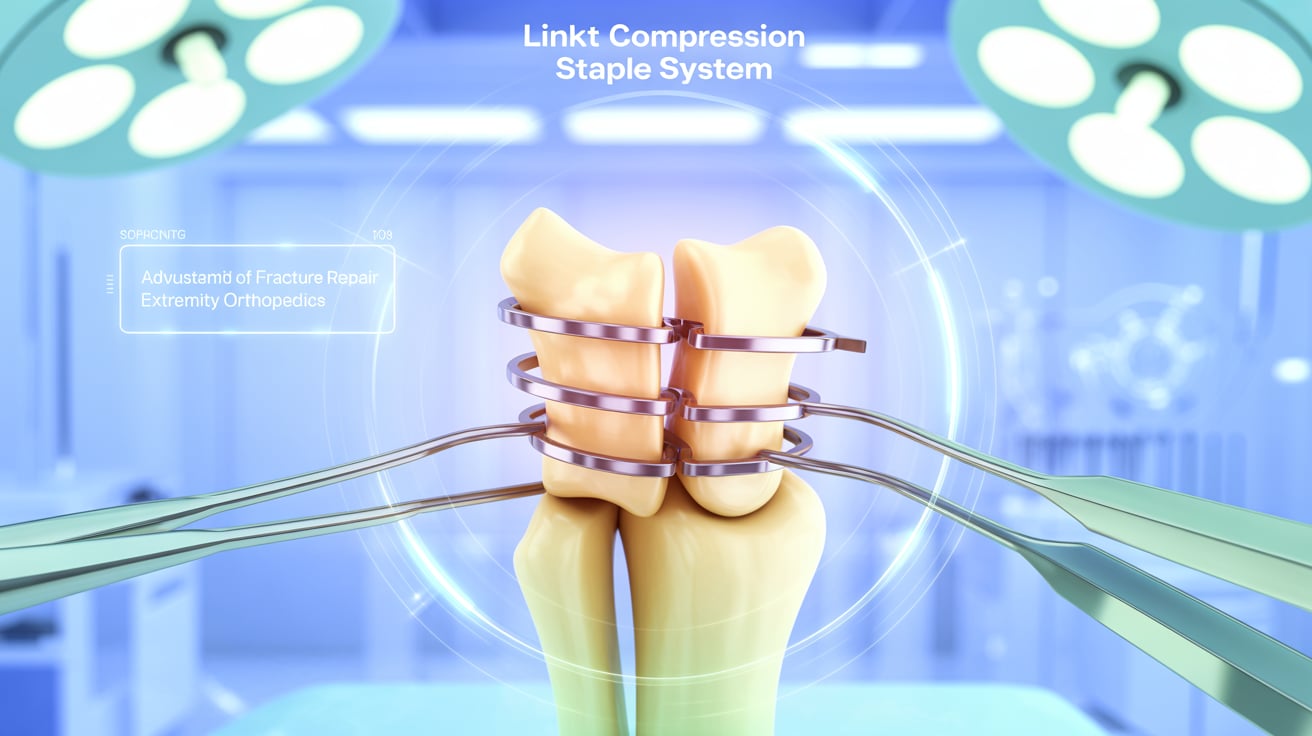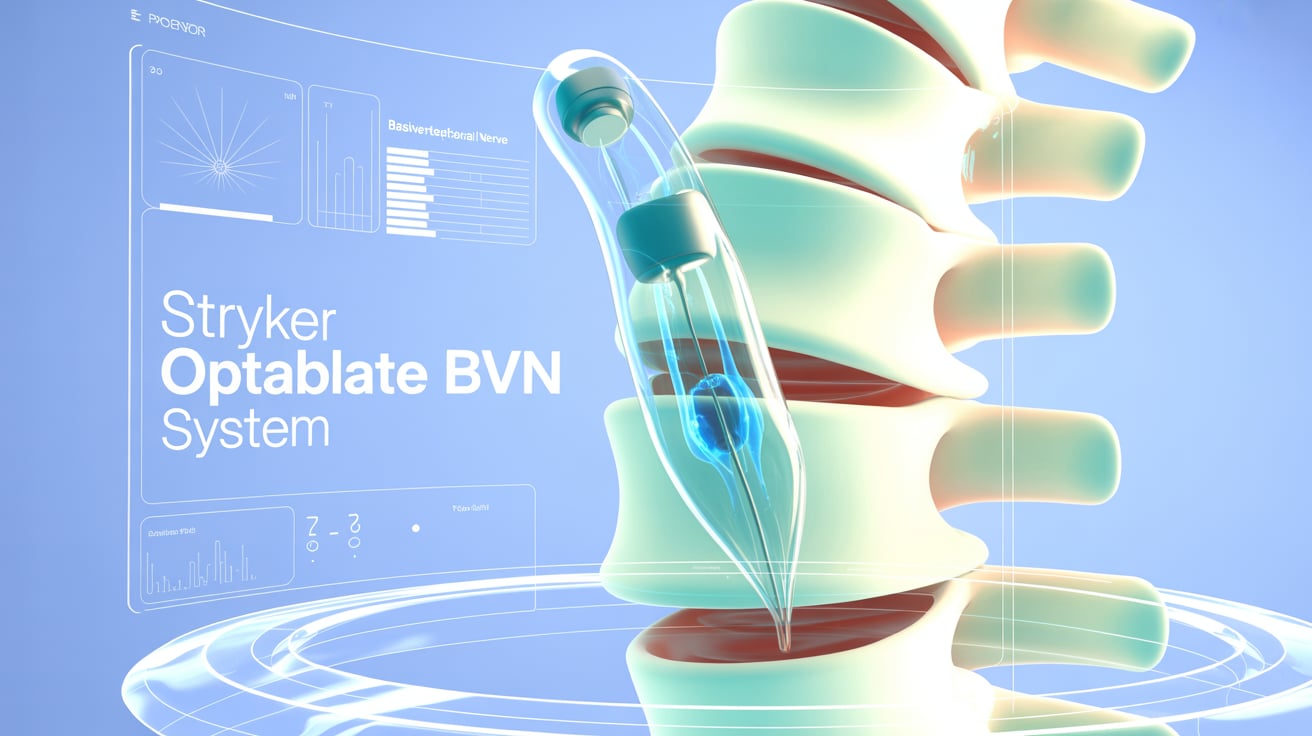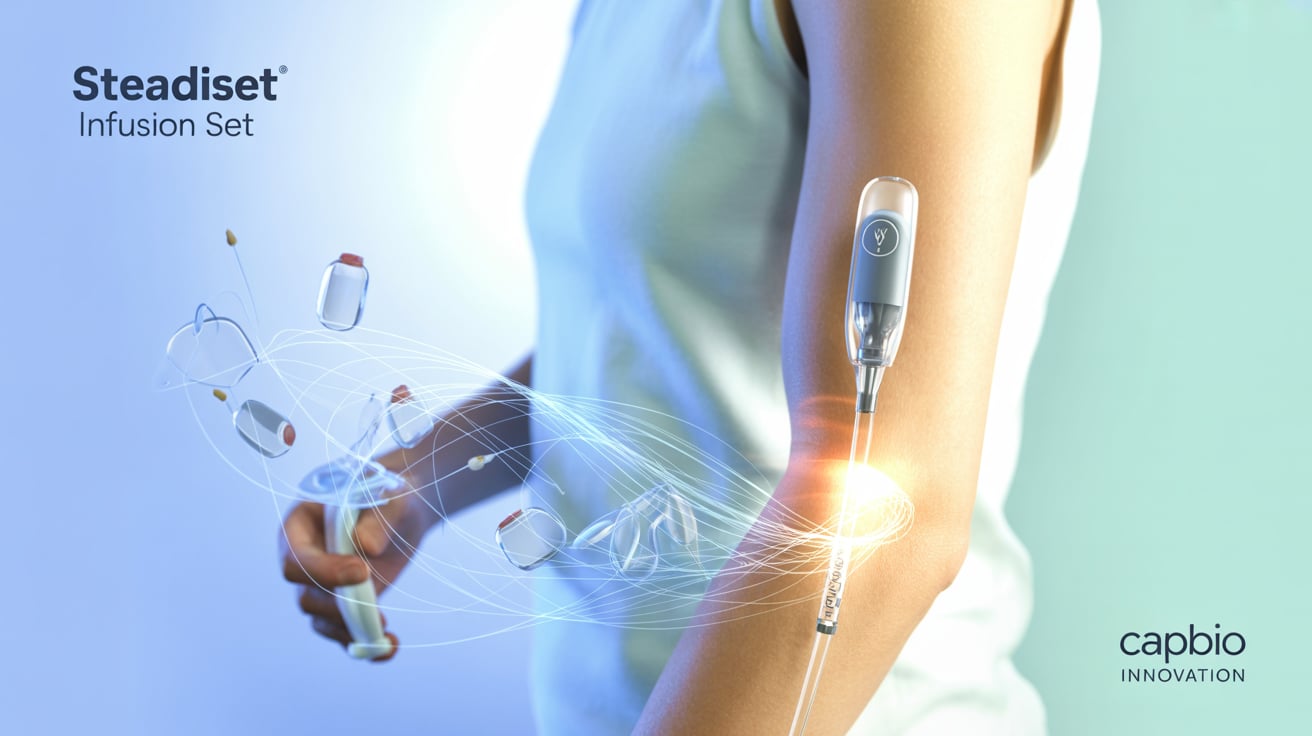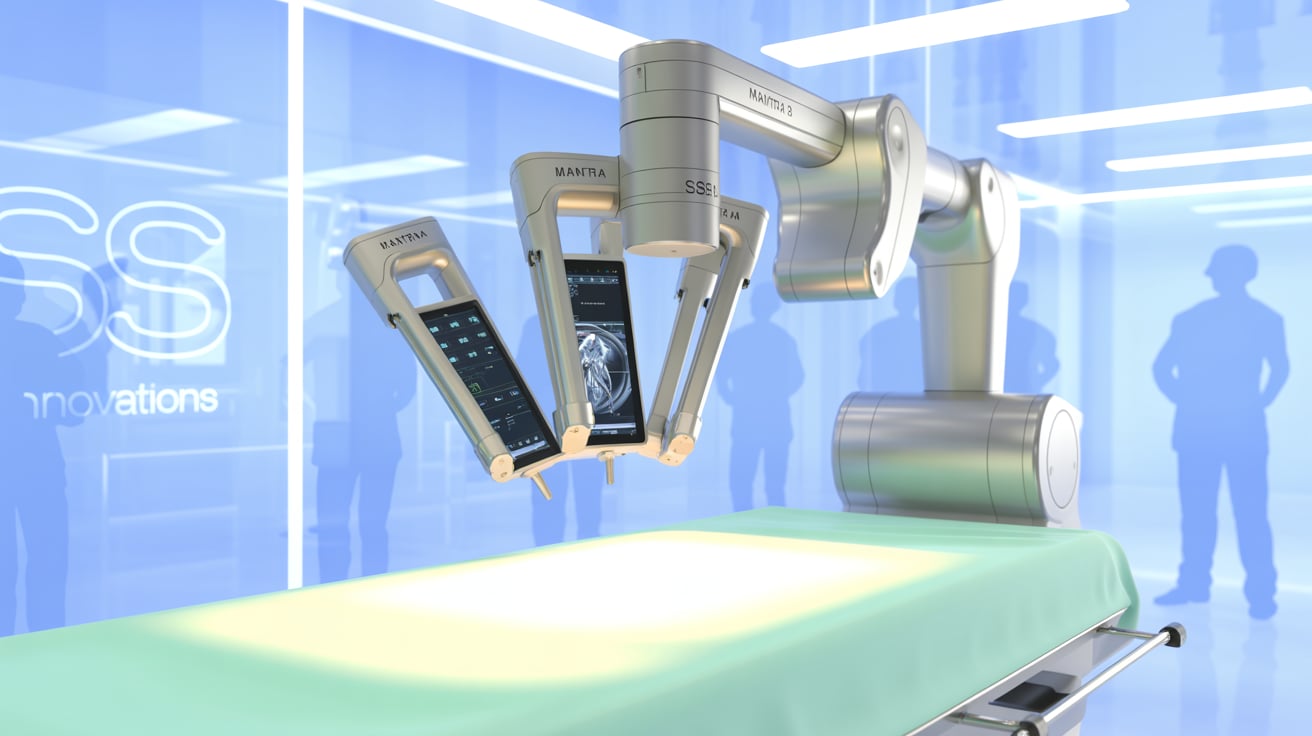Robotic-assisted percutaneous coronary intervention (PCI) has been confirmed as both safe and effective in real-world practice, according to a large-scale analysis of two major studies, PRECISION and PRECISION GRX, published in JSCAI.
The review tracked 1,734 robotic PCI procedures using Corindus systems. Key findings:
- Clinical success rates: 96.9% (CorPath 200) and 98.1% (CorPath GRX)
- Technical success rates: 89.6% and 89.2%, respectively
- No robot-related complications were reported
The newer CorPath GRX system showed improved outcomes with complex coronary lesions, thanks to robotic guide catheter control and enhanced imaging within the interventional cockpit.
Researchers emphasized the ability of robotic PCI to reduce radiation exposure and orthopedic strain for physicians, with the operator working remotely behind shielding—although tableside support remains essential.
Follow MEDWIRE.AI for insights on robotics and interventional cardiology.

